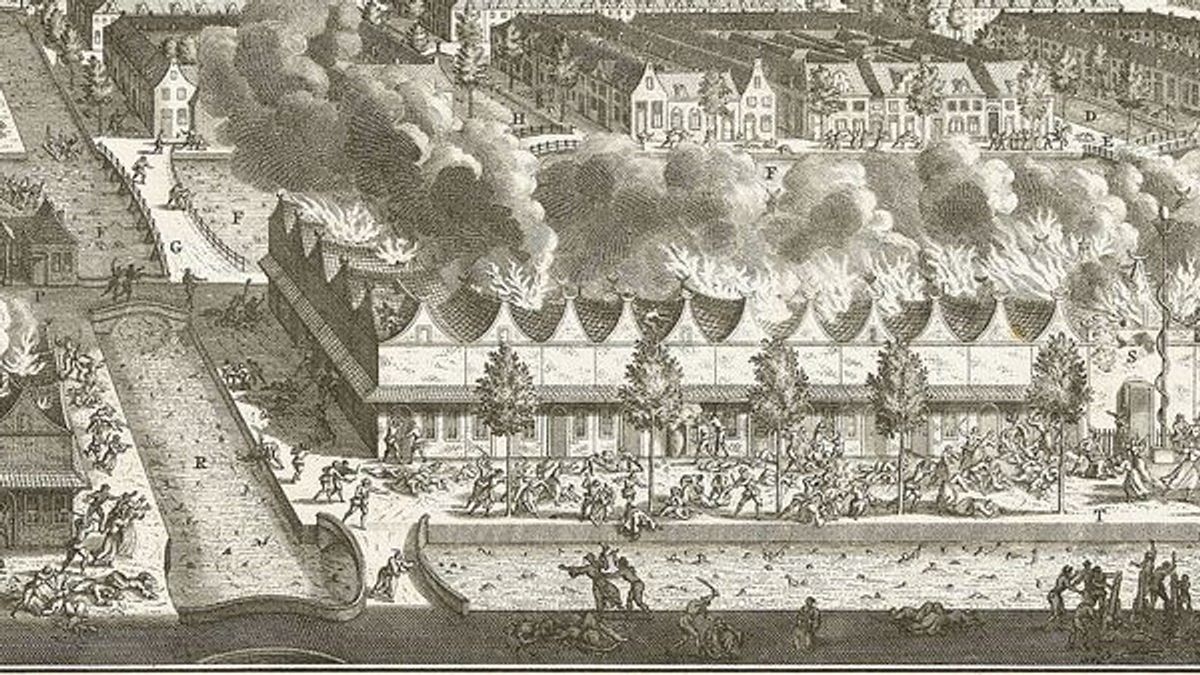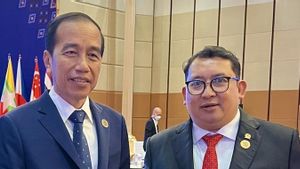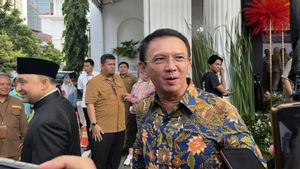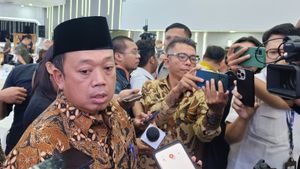JAKARTA - The relationship between the Dutch trading airline, the VOC and ethnic Chinese is special. Both of them expect the symbiosis of mutualism. The Dutch helped the Chinese live and work. While the Chinese helped the Dutch run the economy in Batavia (now: Jakarta).
However, the peace was immediately disturbed by the Company in 1740. Compeni officials began to be overwhelmed with the population of Chinese people who did not have a permit. The Chinese arrests were largely perpetuated. Efforts to imprison the Chinese were the worst Chinese gifts during his life in Batavia.
Ulet is diligent, hard-working, and does not like war. That's the Company's view of the existence of Chinese people in the archipelago. The desire to employ Chinese people was also passionate. Especially during the time of the Governor-General of the VOC, Jan Pieterszoon Coen.
The Governor-General, who has served two terms (1619-1623 and 1627-1629), often specializes in ethnic Chinese. He opened the door wide for the entry of Chinese people to Batavia. The Chinese also considered it a great opportunity. Because, they are lured by privileges.
The presence of the Chinese was also able to revive Batavia. The Chinese act as drivers of the Batavia economy. They also control all fields. From carpentry to grocery traders.
Instead, the Company received abundant profits. The Chinese are the target of the Batavian taxpayer. Compenies collect taxes from all kinds of living behavior trade, gamble, party-- Chinese people. In particular, Chinese people are given the power to celebrate Chinese New Year in public. Moreover, the Dutch rulers were also active in giving them gifts when the Chinese New Year greeted them.
The Chinese who worked during the reign of the first governor general in Batavia had no complaints. This shows that Coen really appreciates his citizens. He never tolerates British or Dutch people who treat Chinese unfairly. Coen also doesn't see them as overtax," said Johannes Theodorus Vermeulen in the book Chinese in Batavia and Huru Hara 1740(2010).
However, the 'intimacy' between the Company and ethnic Chinese must end. All because the VOC is no longer profitful. The world's sugar market at that time was shaky. The situation is also getting worse because the Company is unable to compete with the British trading airline EIC.
A series of problems have left many Chinese workers in plantations and sugar factories unemployed. As a result, unemployment is ubiquitous and disrupts order in Batavia. Many of the Chinese were caught perpetuating dirty work such as robbing.
The Company did not remain silent. All Chinese in Batavia were asked to make a residence permit without exception. Anyone without a residence permit will be arrested and transferred to Sri Lanka or Africa.
Every day the Company conducted a raid. Mainly before the Chinese new year in February 1740. Chinese people are so excited to celebrate Chinese New Year. The sound of firecrackers and fireworks was not so heard. In fact, the previous year was so lively. Chinese people are afraid of being caught by the Dutch as the cause.
The incident became the worst Chinese Chinese Chinese gift in the archipelago. Even then, the arrest of the Chinese was the forerunner of the massacre of the Chinese or commonly known as the Geger Pacinan in October 1740.
The deep concern and fear among the ethnic Chinese nationals of Batavia grew when at the end of the year 1739 until Chinese New Year in February 1740, the VOC made a massive arrest. At that time there were a hundred ethnic Chinese citizens who were arrested, from Bekasi to Tanjung Priok.
This kind of situation makes the ethnic Chinese around Batavia become very panicked, anxious, and feeling uneasy. This triggered several Chinese citizens who were then outside the city's fort or in the village to draw up plans and strategies in dealing with VOC arbitrariness," explained Hembing Wijayakusuma in the book Mass Offering 1740: Angke's Hemorrhagic Tragedy (2005).
The English, Chinese, Japanese, Arabic, and French versions are automatically generated by the AI. So there may still be inaccuracies in translating, please always see Indonesian as our main language. (system supported by DigitalSiber.id)









